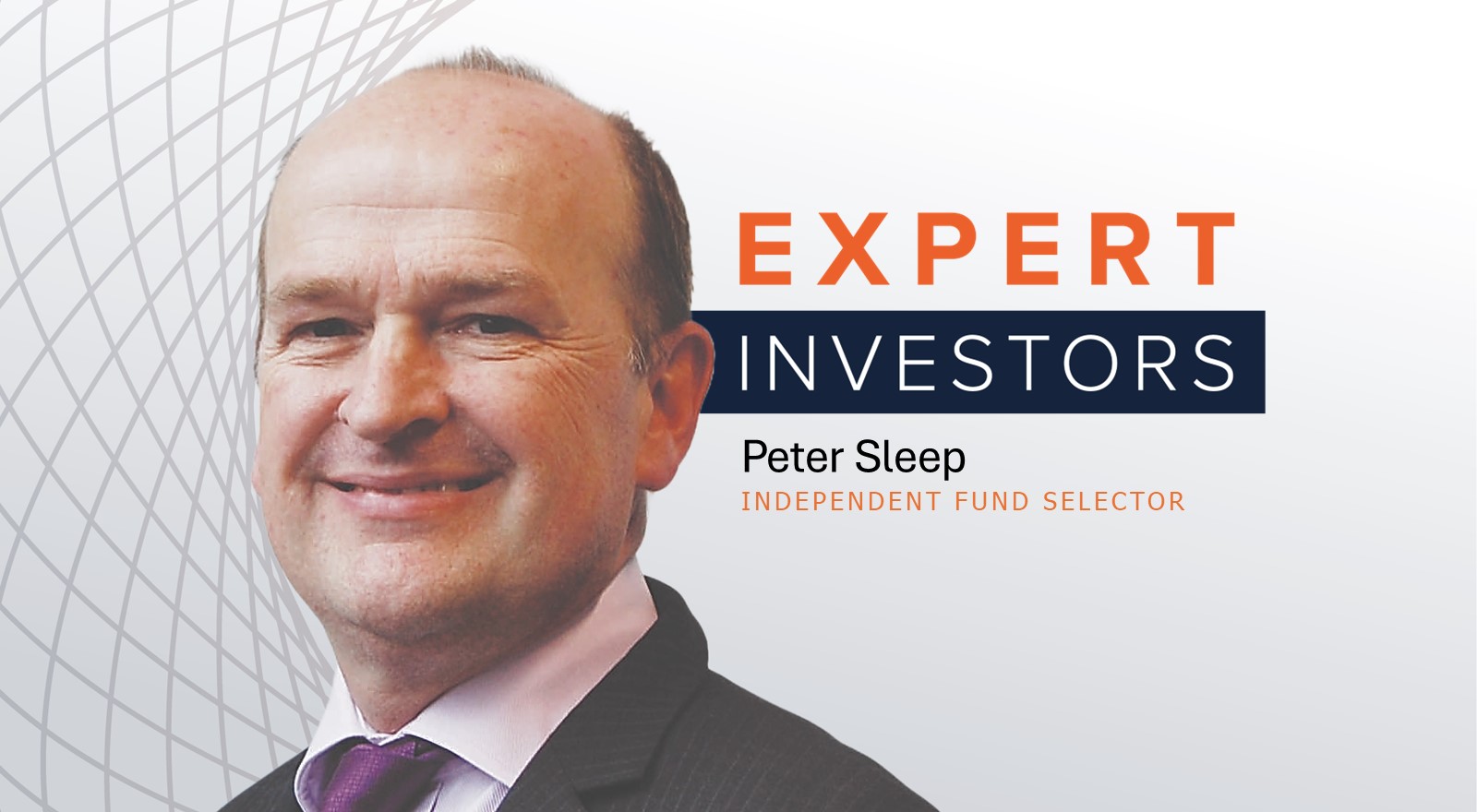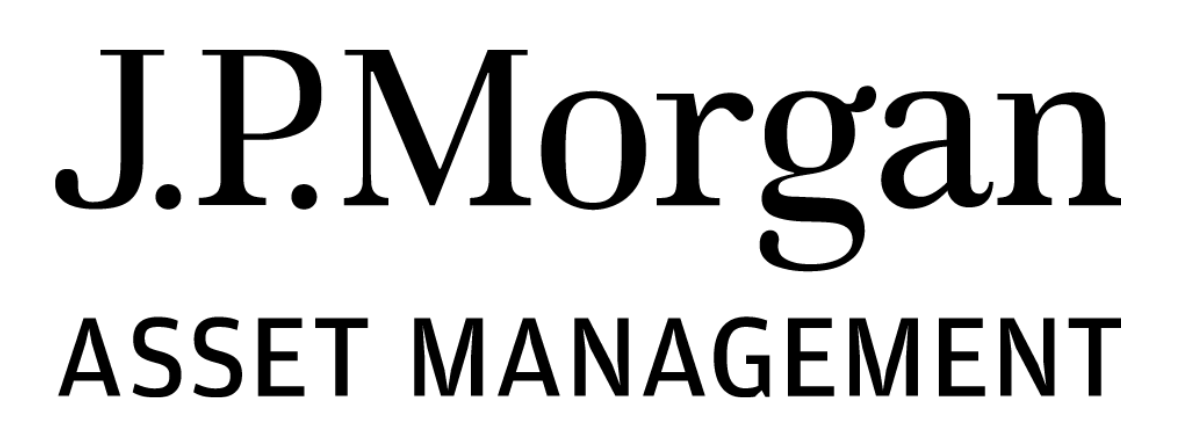A slew of new products and the arrival of ARK Invest and Janus Henderson may only be the beginning of competition heating up in Europe’s active ETF market, with “a lot” more issuers set to enter the space, according to independent fund selector Peter Sleep.
Sleep said “a few” new contenders have mounted a challenge against dominant incumbent JP Morgan Asset Management – which has a 42.5% market share in active ETFs, as at February – but added the firm is “showing the way in Europe”.
“Actives are going to be a huge growth space and a place where we will see a lot of new entrants,” he said.
“There is interest from the likes of abrdn, Janus Henderson and in the US, quite issuers a few have massive ETFs.”
While confident active managers will continue to migrate to ETFs, Sleep warned this could be “a slow process” given the differences in the sales process of ETFs versus mutual funds.
“Traditional fund salespeople need to have a different skill set and a different set of people they need to contact to get onto buy lists, which may be an uphill slog,” he said.
Large scale, broad asset managers such as JPMAM benefit from economies of scale in their research and fund arms which translate into “cost savings which are not transparent to the casual observer”, Sleep continued.
However, he suggested other large US issuers operating mutual funds in Europe – such as Dimensional Fund Advisors – should consider active UCITS ETFs.
Other asset managers have entered Europe through the buy ready-made route such as Janus Henderson’s recent acquisition of Tabula Investment Management.
“They have a presence and a team of people ready to launch new products immediately – the setup costs, the approvals – it has shortened the whole process,” Sleep said. “Without knowing the price, it looks like a sensible acquisition.”
No love for non-transparent
However, Sleep has little enthusiasm for semi and non-transparent ETFs which have been a feature of the US active ETF roster yet to gain approval in UCITS format.
“Unless your fund is huge, or you are investing in really illiquid small caps, I do not see the need for semi and non-transparent,” he said.
While noting examples such as Bill Miller of Legg Mason and Neil Woodford’s funds, Sleep said manager concerns surrounding confidentiality and being traded against are “rarely” material.
“Having said that, market makers such as Jane Street employ a lot of clever people who can figure out what is in what ETF and hedge themselves accordingly and make markets efficiently. If they cannot, you have a wide bid-offer spread and you pay for the privilege of buying a semi-transparent ETF.”
Japan view
Sleep, a former Japan fund manager, concluded by giving his view on the in vogue market and the yen at a 34-year-low against the US dollar.
He said a general rule is 50% of Japan’s stock market is comprised of yen-sensitive exporters and 50% of domestically focused companies.
“Certainly, the translational gains of US dollar earnings into yen have been good for Japanese equities. However, it is unclear how much is actually made in Japan, because car and semiconductor manufacturers have plants overseas.”
Sleep noted yen weakness has prompted Japanese investors to park money overseas in US Treasuries but said a turnaround in the currency would be unlikely to spell crisis for US securities.
“If the yen suddenly appreciates, it will not spell financial meltdown in the US – the US domestic investor is far more important. The yen will appreciate, we just do not know when.”
This article first appeared in ETF Insider, ETF Stream's monthly ETF magazine for professional investors in Europe. To read the full edition, click here.





